Donald Trump and Joe Biden will clash on Tuesday evening in the first of three presidential debates, a potential turning point in a race that polls suggest the Democratic challenger has consistently led.
Interactive page: X Factors in the U.S. Election
The Republican president, down both nationally and in the battlegrounds according to CGTN analysis, needs a game-changer but will take to the stage under pressure, following bombshell revelations about his taxes.
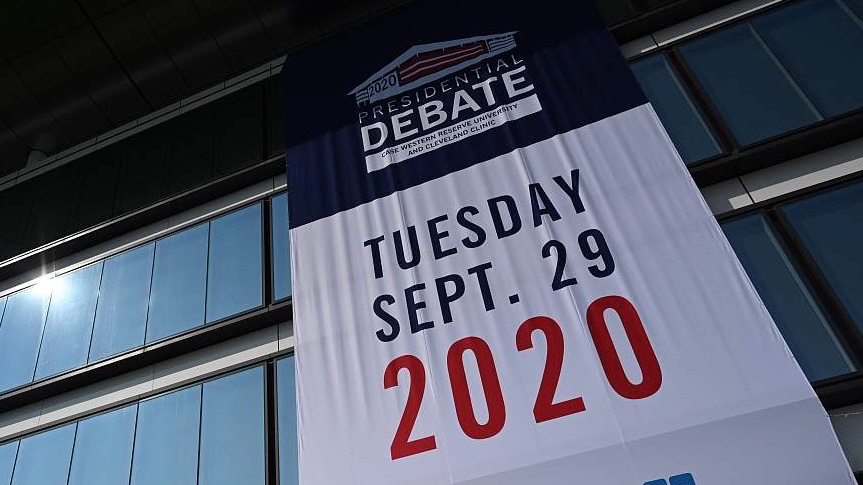
The first 2020 U.S. presidential debate will be held at Case Western Reserve University in Cleveland, Ohio. /CFP
The first 2020 U.S. presidential debate will be held at Case Western Reserve University in Cleveland, Ohio. /CFP
Moderated by Fox News anchor Chris Wallace, the debate at Case Western Reserve University in Cleveland, Ohio will start at 9 p.m. EST and run for 90 minutes.
1. Do debates make a difference?
Presidential debates are high pressure events, which combine drama, personality and accountability, putting two people who want to lead the United States in front of voters – potentially 100 million people – with no filters.
But while a handful of televised clashes have had impactful moments – Kennedy and Nixon in 1960, Carter and Reagan in 1980, Obama and Romney in 2012 – most have had little bearing on how people vote, with the polling dial rarely moving in the following days.
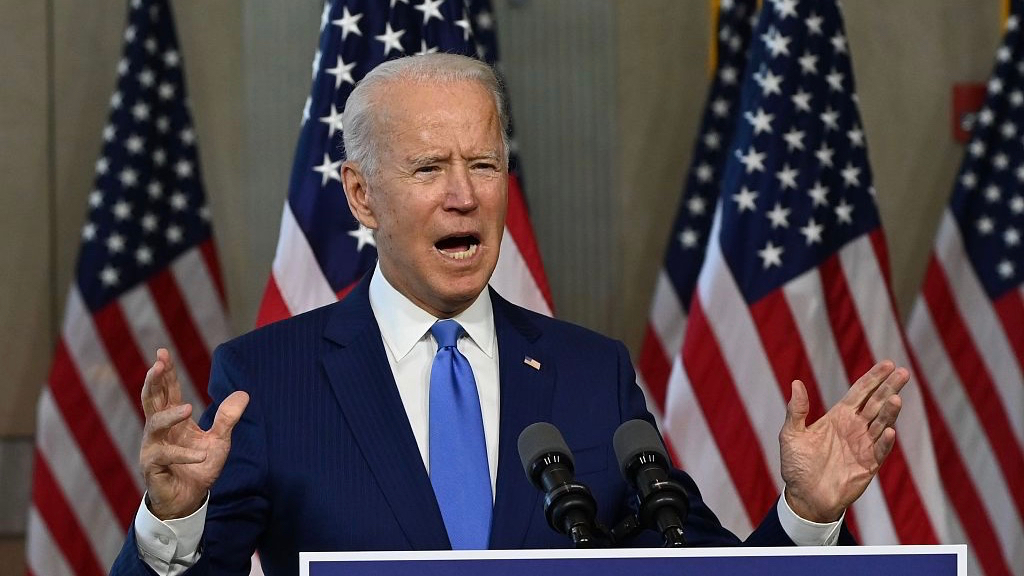
Added to the historical trend, in 2020 there's a relatively small pool of undecided voters. Monmouth polling suggests that while 74 percent of voters plan to watch the debate, just three percent say they are very likely to hear something that will impact how they cast their ballots.
Nevertheless, the Trump-Biden debate is high stakes, probably more so for the Democrat – who has been underexposed so far during the campaign – than the president. And that small group of undecideds could still make all the difference in a tight election in which more then one million votes have already been cast.
2. Will either have a positive message?
A detailed policy debate seems unlikely, not least because the Republican barely has a platform and while Biden has a range of plans, he'd probably rather speak broadly about a vision than risk unrest in his party with specificity.
Graphics: Trump narrows gap, Biden retains advantage
Comic: Scramble to fill RBG's Supreme Court seat
At a time in which over 200,000 Americans have died from COVID-19, protests over racial injustice continue, a Supreme Court seat is vacant and the economy is struggling, the candidates have big issues on which to contrast themselves.
Biden is expected to talk about what his presidency would look like, particularly in regard to the pandemic, science, the economy and healthcare, a key issue in the all-important suburbs, and stress a message of unity and moderation. He is likely to come under policy pressure on racial justice, policing and court-packing.
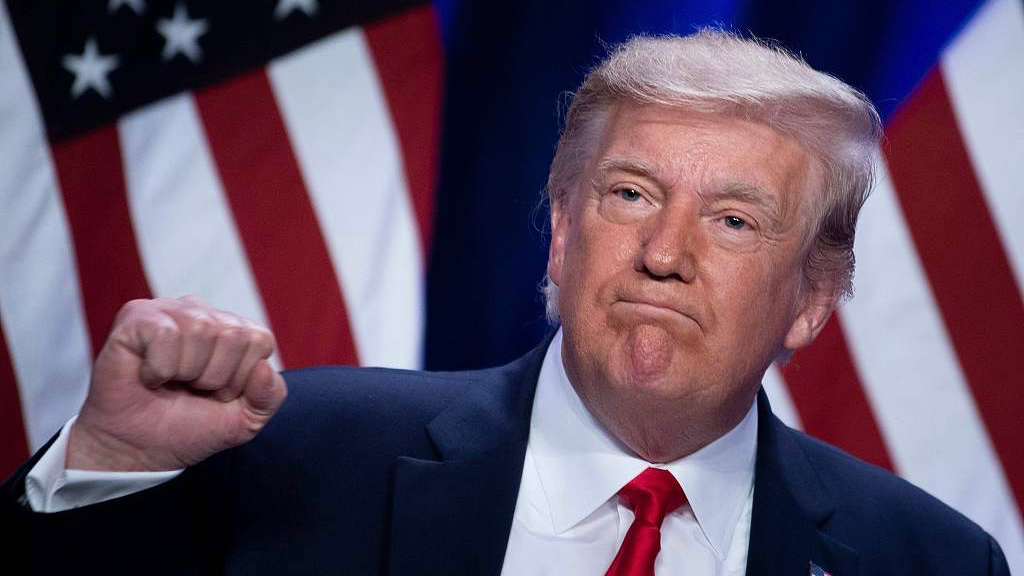
Trump must attempt to do something to arrest his decline with female and older voters, and in addition to championing Supreme Court nominee Amy Coney Barrett may make an eye-catching announcement on the virus. He is likely to face questions on his vision for second term, as well as his handling of the pandemic and his taxes.
3. Who has better expectation management?
Trump still draws crowds, but there's a sense that the president is a known quantity: what he says may still shock or entertain, but after four years voters aren't really surprised by his approach.
There's more uncertainty over how Biden, despite being a political veteran and former vice president, will perform on the big stage. Trump is expected to try to get under his skin on personal issues, and while the Democrat's authenticity is often applauded, he'll be straining to give a calm and reassuring performance.
02:00
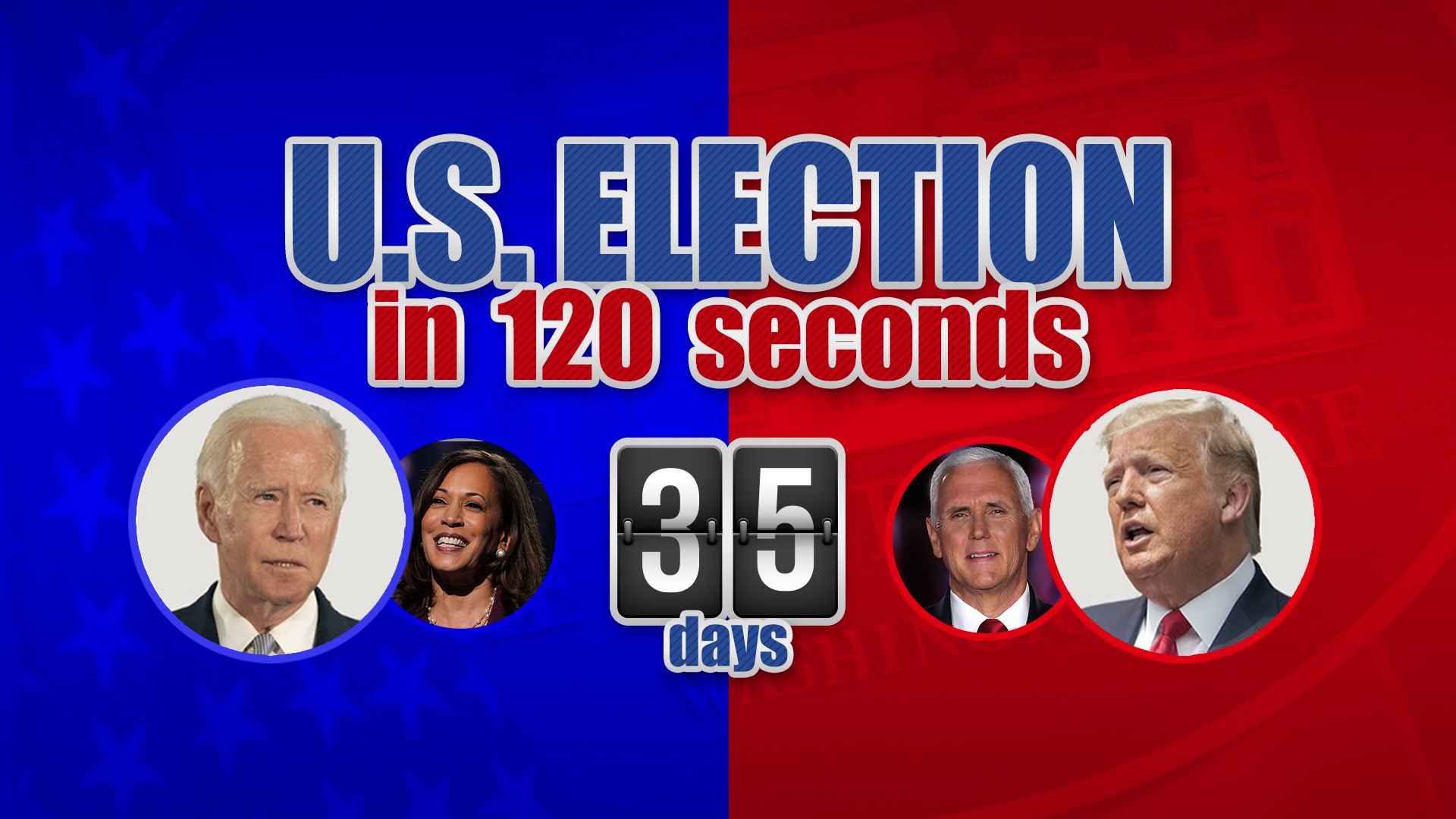
Trump and his surrogates spent months denigrating the former vice president's mental acuity, only for the 77-year-old to give a confident speech at the Democratic National Convention last month.
Biden will again hope to exceed the low expectations set by Republicans and avoid any substantial gaffes, while Trump will be faced with the task of retaining his energy in a near-empty room and choosing whether to try to broaden his appeal – or attempt to drag down his opponent.
4. How low will they go?
The ongoing New York Times revelations about Trump's tax returns and business affairs are awkward for the president. That he only paid $750 in tax in 2016 and 2017 is a memorable line, and the Biden campaign has already launched a tax calculator to compare how much voters pay in tax compared to the president.
Potentially more damaging with Trump's supporters – if they believe it – is the suggestion that his tax was so low because his businesses were losing so much money. The perception of Trump as a successful businessman was one of the top factors his supporters cited for backing him in 2016, and the news he owes money on loans of more than $400 million over the next four years could lead to some difficult questions.
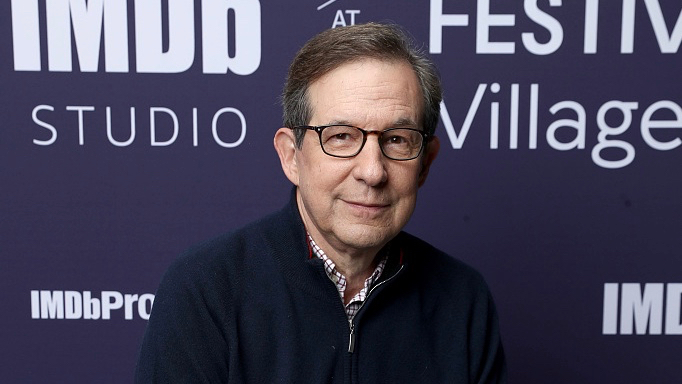
With the swirl of negative stories around the president, Trump may be tempted to try to pull Biden down with accusations and insinuations.
Trump is likely to bring up claims about Biden's son, Hunter, and his business dealings when the Democratic nominee was vice president, and potentially the dealings of his brothers. But it's a tough sell to swing voters in the wake of the latest revelations about the finances of the president and his family.
The president, who will almost certainly try to link the Democrat to the "radical left," has also accused Biden of mental decline and of taking drugs to boost his media performances. There was also an allegation of sexual assault against the former vice president – denied by Biden – midway through the campaign season.
5. What does a mid-pandemic debate look like?
Trump and Biden won't shake hands before the debate, one of many changes to the traditional routine, and won't wear masks during it.
The 80-strong crowd – much smaller than in previous years – will be masked, potentially limiting the candidates' chances of playing for applause.
Of the members of the audience, each candidate can invite 20. Speculation on social media suggests Trump, who in 2016 invited Bill Clinton's accusers to one of the debates, may have asked an unexpected guest to attend again.
The spotlight will also be on Wallace, the Fox anchor who will moderate the debate, over the extent to which he will fact check the candidates' answers and how he will control the flow of the debate.